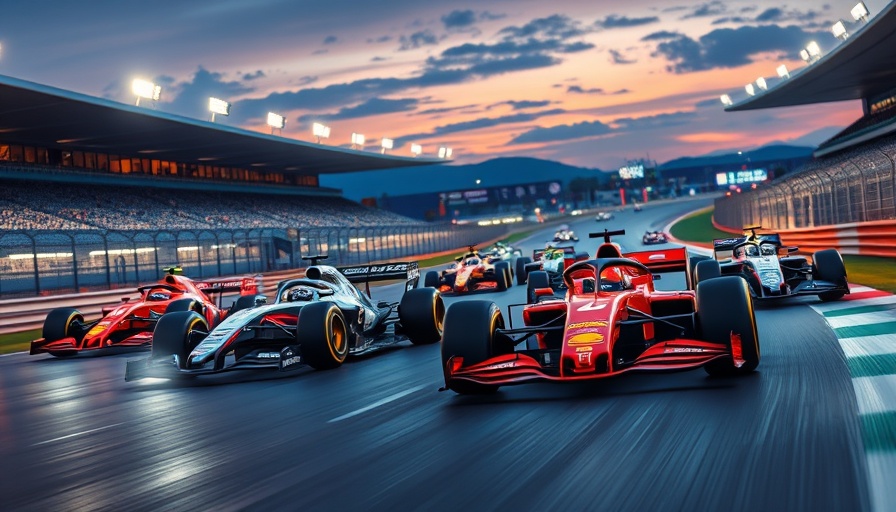
The Social Media Minefield of Modern Sports
Max Verstappen’s decision to remain silent about the controversial penalty he received during the Saudi Arabian Grand Prix speaks volumes about the current state of sports commentary. As fans and athletes navigate the tumultuous waters of social media, Verstappen's hesitance reveals an uncomfortable truth: sharing opinions in today's climate often leads to backlash rather than constructive discussion. His experience highlights the growing sensitivity surrounding public statements in sports.
More than Just a Race Incident
The five-second penalty that Verstappen incurred for gaining an advantage by leaving the track at Turn 1 during the Saudi Arabian GP was a hot topic in the paddock. However, this incident underscores a larger issue in Formula One and other competitive sports—the fear of consequences stemming from open criticism and honest feedback. Verstappen himself noted that the FIA’s strict regulations, which penalize drivers for what could be perceived as misconduct, only add to this climate of caution.
Resisting the Urge to Speak Out
In an environment where athletes wield immense influence, the consequence of speaking out can be harsh. Verstappen’s previous experience of facing repercussions for swearing at a press event in Singapore has led him to filter his comments carefully. While he aims to safeguard his status and reputation, the broader implications reflect a culture where athletes might feel compelled to withhold their perspectives to avoid public scrutiny. This silence can stifle genuine discussions around critical issues within the sport, presenting a challenge for both fans and teams.
F1 Athletes Under Fire
Furthermore, Verstappen's stance raises questions about accountability. Should professional drivers be allowed to express their thoughts openly without fear of retribution? As the world of Formula One continues to evolve, athletes must find a balance between self-expression and the risks associated with their statements. The silence among drivers could mean that concerns regarding race strategies or safety measures go unaddressed, ultimately impacting their performance and the championship’s integrity.
In closing, as Verstappen continues to redefine how drivers approach interviews in the wake of scrutiny, fans are left to ponder: will this trend of silence become the norm in Formula One? How will it shape the future of driver interactions with the media and the public? These questions underscore the broad changes encapsulating the sport as it synchronizes with societal dynamics.
 Add Row
Add Row  Add
Add 

 Add Row
Add Row  Add Element
Add Element 




Write A Comment